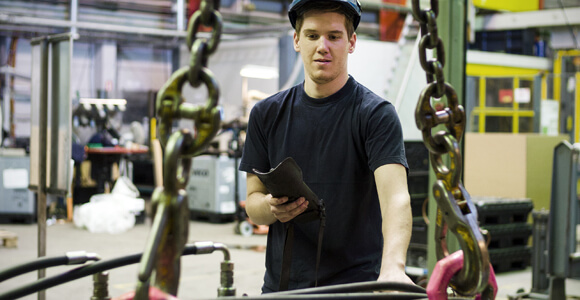The amount of jobs in the plastics industry has lowered noticeably since the financial crisis, but despite the lower number of employees the businesses are increasing turnover at the same time. This has been showed by a new analysis from the Danish Plastics Federation. The analysis also concludes that almost 30.000 Danes work with plastics production which makes the plastics industry one of Danish industry’s largest sub industries.
About a third of all employees in the Danish plastics industry lost their jobs during the financial crisis. Despite this large drop in employees the Danish plastics businesses have managed to create a rise in turnover of 10 pct. from 2009 and forward. This is among the main conclusions in a new analysis the Danish Plastics Federation is behind.
About these numbers Thomas Drustrup, CEO of the Danish Plastics Federation, says:
– There is no doubt the crisis has been tough on our industry in many ways, but our new analysis also paints a positive picture of the crisis as being an occasion to fine tune the businesses and increase productivity. We have automated, streamlined and cut away things that are not financially sustainable. This is why I believe that we today are very well equipped to make the most of the opportunities of growth that are to come in the future.
The plastics industry is one of the Danish industry’s largest sub industries
The analysis also shows that even after the rough years during the 00’s, almost 30.000 Danes are still employed within the field of plastics production. This is equivalent to almost 10 pct. Of the Danish manufacturing industry, and makes the plastics industry one of the manufacturing industry’s largest sub industries. Of the 30.000 employees only about half are working in a company that defines itself as a plastics business:
– The plastics production is now an integrated part of manufacturing things such as hearing aids, toys, medical supplies and windmills. This is why we see people working with plastics in many different types of businesses. We are very proud of this, because it shows how plastics are contributing positively to our society in many different industries, says Thomas Drustrup.

